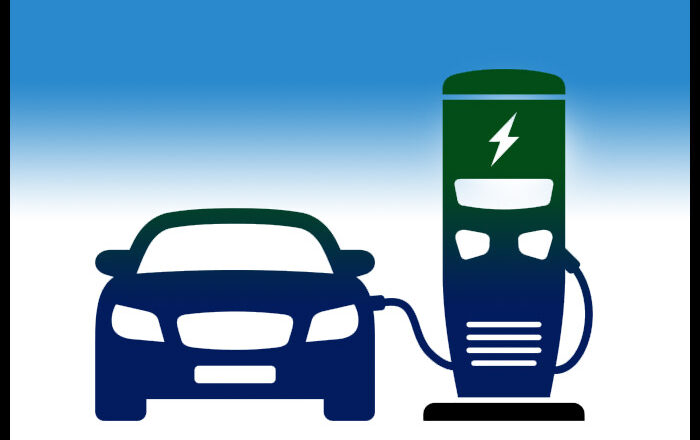US Companies And Nonprofits To Expand EV Fleets
A number of U.S. companies and nonprofit organizations have announced new commitments to expand their Electric Vehicle fleets, increase consumer education, and grow the availability of EV charging.
The Biden Administration’s Investing in America agenda has spurred public and private sector commitments to accelerate the transition to electric vehicles. State and local governments are also leveraging federal funds to expand electrification of their vehicle fleets. These announcements build on the EV charging network expansion and manufacturing announcements highlighted by the White House in February, which is estimated to add more than 100,000 public chargers across theed country.
Announcements being spotlighted Monday fall into four categories: Consumer Education and Support, Tools and Resources, EV Fleet Expansion, and Community Charging – Commercial and Multifamily.
Redwood Materials has committed to scale production of critical battery components in the U.S., with the goal of powering 5 million EVs by 2030.
Highland Electric Fleets, a full-service fleet electrification company, is committing to help 1,000 North American school districts improve student and community health by electrifying their school bus fleets by 2030.
Xcel Energy and Colorado Car Share are committing to launch an electric car sharing program for underserved and high emissions communities in Colorado by the end of 2023.
Revel is committing to expand its all-electric, all-employee rideshare fleet from 200 to 500 EVs by June 2023 and to open the first public fast charging site in Harlem, as part of the company’s goal to triple public fast charging access for all New Yorkers over the next year.
The City of Madison is committing to convert 100 percent of the gas vehicles in its fleet to electric vehicles by 2030.
Pacific Gas & Electric (PG&E) and Ecology Action will install approximately 2,000 EV charging ports at no cost to customers at approximately 450 multifamily properties and small businesses in underserved communities by 2025.
In June, EPRI will launch “EVs2Scale2030”, a new three-year initiative to mobilize 500 industry stakeholders including, utilities, vehicle manufacturers, fleet operators, and charging providers, to ready the grid and accelerate the charging infrastructure needed to support the large-scale electrification of transportation.
TeraWatt Infrastructure is developing a network of high-powered charging centers for electric fleets and committing to deliver one terawatt-hour of charging for light-, medium- and heavy-duty vehicles by 2025.
Smart Charge America is committing to install over 140,000 Level 2 chargers by 2030.
Qmerit will aid 100 companies in electrifying their fleets through installation of home and workplace charging and to help 500 companies deploy EV charging for their employees or customers by the end of 2023.
Source: Read Full Article

